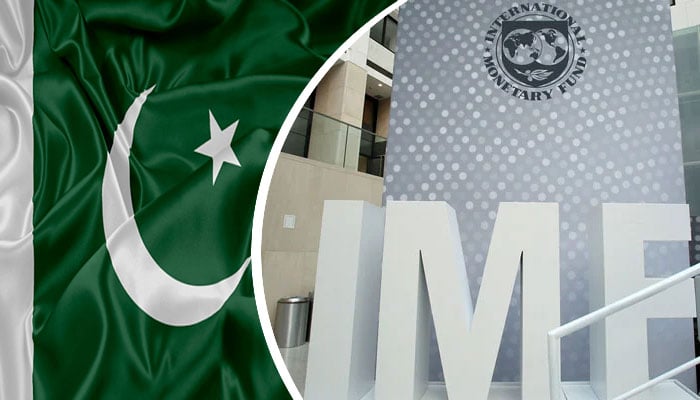Editorial
Murtaza Syed, the former State Bank of Pakistan (SBP) governor, has raised a red flag over the implications of the new International Monetary Fund (IMF) deal. He suggests that there might be underlying motives for securing secret debt relief from China, a situation that could potentially pose risks to Pakistan’s financial stability. Syed emphasized that while the Extended Fund Facility (EFF) could bring much-needed relief to Pakistan, there are potential ramifications tied to securing financing assurances from developmental and bilateral partners to formalize the Staff-Level Agreement (SLA).
Syed’s apprehension stems from his interpretation of the clause as “wrong, incomplete and dangerous,” emphasizing that Pakistan’s debt issues are not solely tied to China. He emphasized that Pakistan’s debt is diverse, owing to multilateral development banks like the World Bank, IMF, and the Paris Club, in addition to China.
While the accuracy of Syed’s claim remains to be verified, it raises valid concerns regarding the influence of the IMF, which is often perceived as an extension of the US State and Treasury departments. This observation underscores the potential for leverage based on overarching political conditions in Washington, adding complexity to Pakistan’s financial landscape.
Pl subscribe to the YouTube channel of republicpolicy.com
Furthermore, considerations surrounding the China Pakistan Economic Corridor (CPEC) and its implications on geopolitical dynamics come into play, especially in light of the evolving Sino-American rivalry. This rivalry, characterized by trade disputes and technological competition, has significant implications for CPEC, a flagship project of China’s Belt and Road Initiative (BRI). The growing dominance of China in international geopolitics has prompted apprehensions and accusations, with the American government exhibiting resistance toward the BRI and CPEC.
Syed’s apprehensions reflect the fragile position Pakistan finds itself in, balancing its strategic alliances with China against the potential repercussions of diverging from IMF directives amidst escalating global power dynamics. The implications of aligning with US interests and the possibility of facing trade, tariff, and currency conflicts in the event of a Sino-American rivalry underscore the delicate balance Pakistan must maintain.
Given the multifaceted nature of these concerns, it is imperative for the finance ministry to provide clarity and address these critical points. The potential economic and political consequences for Pakistani citizens and the country at large necessitate transparency and thorough analysis. This commitment to open dialogue and comprehensive assessment is essential to assuage uncertainties and mitigate potential risks, instilling a sense of reassurance and confidence in the process.















